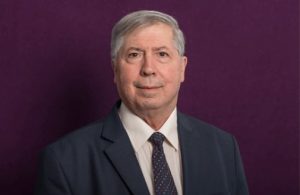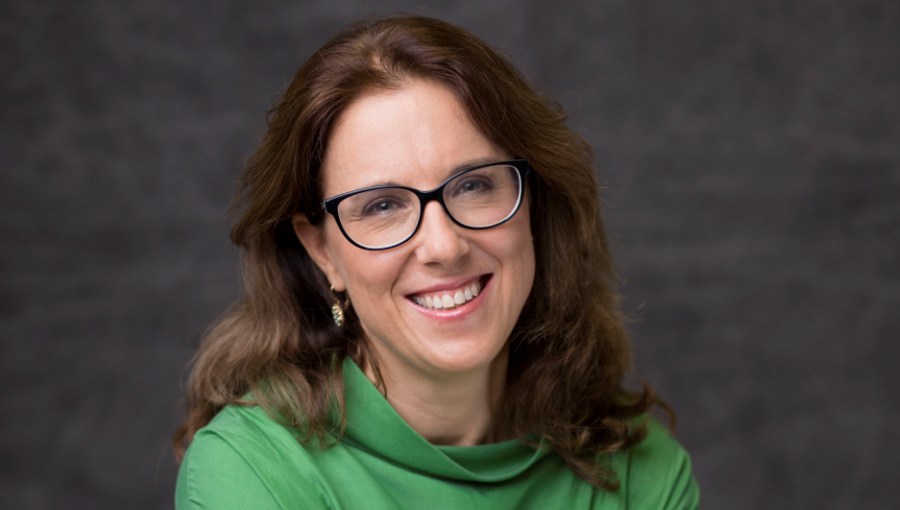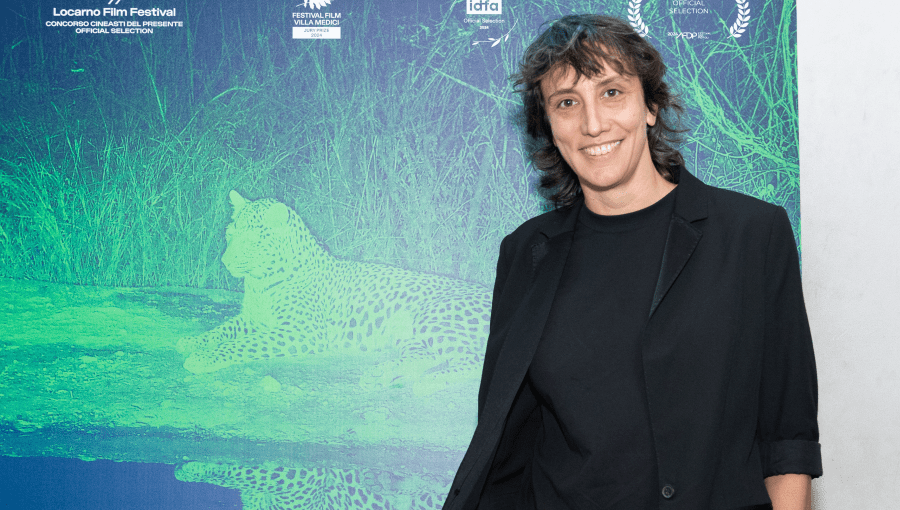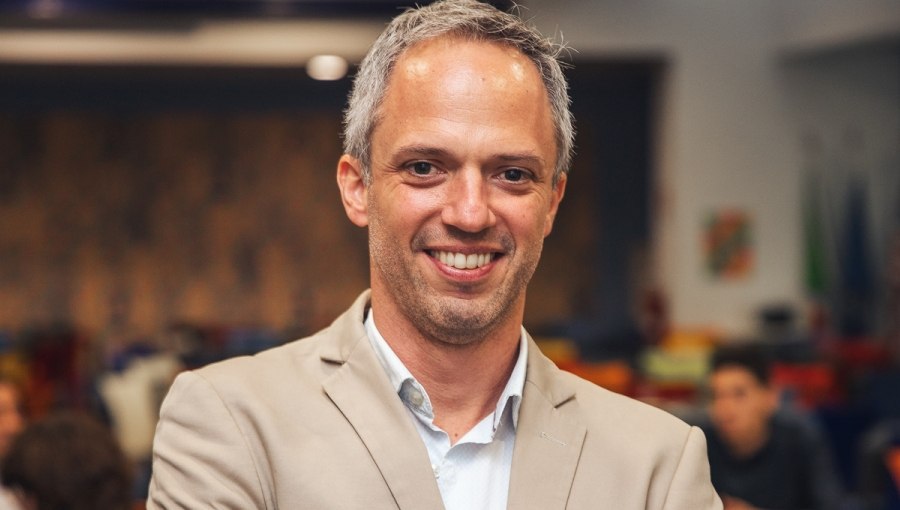The Festival for Diplomacy: Teaching and Learning Diplomacy Round Table
Keynote Speaker:
Prof. Nabil Ayad, Director Diplomatic Academy of London
Prof. Larry Gray, John Cabot University (Moderator)
Panelists:
Ms. Jutta Edithofter, Representative of the EU Council
Dmitry Shtodin, Ambassador of the Russian Federation to Italy
Prof. Joseph Mifsud, Director of the Euro-Mediterranean University
Amb. Mladen Andrlic, Director of the Diplomatic Academy of Croatia
Prof. Stefano Bartolini, European University Institute of Florence
Min. Plen. Emanuela D’Alessandro, Director of the Italian Diplomatic Institute
Amb. Fabio Migliorini, Secretary General, SIOI
Within the context of the Italian Festival for Diplomacy, the Guarini Institute had the honor of hosting a round table discussion “Teaching and Learning Diplomacy” in which eight prestigious panelists participated. The discussion began with an introduction by keynote speaker Professor Nabil Ayad who contrasted the 17th century diplomat with diplomats of today, emphasizing that today’s diplomats must recognize the importance of global policy and act in accordance with a constantly changing international environment.

Prof. Nabil Ayad, Director Diplomatic Academy of London
According to Professor Ayad, the themes and techniques of training a student in diplomacy must incorporate aspects that are consistent with our increasingly complex world. Diplomats are the “managers of globalization” and tailor made training programs should become increasingly implemented, teaching what the student needs to learn rather than what the professor is best qualified to teach.
The first to speak from the panel was European Union Council representative Jutta Edthofter who detailed the changing nature of diplomacy within the broader European Union. Edthofter noted that the politics of the EU have changed, specifying its increasing duty to approach large scale issues such as international trade, climate change and terrorism.
The creation of the EEAS (European External Action Service) itself details the “europeanization” of European politics and illustrates the impacts of globalization on diplomacy. Professor Stefano Bartolini proceeded to outline his vision of a common european professional development program. He specifies that a university modeled after the Kennedy School of Governance at Harvard University in the United States is essential at the European level in order to effectively train European diplomats. Bartolini emphasized that in our increasingly globalized world, problems are arising that cannot be solved by an individual state. Therefore, institutions of diplomacy must exist to educate students in a way that allows them to effectively function in this changing political environment.
Ambassador Miladen Andrlic from the Diplomatic Academy of Croatia illuminated the problems faced by small countries with regard to teaching diplomacy. For smaller countries, diplomatic training is costly and complex. It is not cost effective to instruct students in only specific aspects and as a response, the Diplomatic Academy of Croatia trains it’s students in multiple areas.
Professor Mifsud, the director of the Euro-Mediterranean University highlighted the importance of the Union of the Mediterranean and “just in time” courses on risk and innovation. He stressed that “academic diplomacy” consists of taking courses in diplomacy abroad, coordinating university exchanges of students, programs and professors in order to address the technical nature of diplomacy. A link between countries needs and technical and professional competencies is important to establish in order to create the most outstanding and capable diplomats.
Ambassador Shtodin from the Russian Federation recognized the changing nature of Russian diplomacy and emphasized the importance of creating a dialect between religions. He believes that today’s diplomat must recognize and address the challenges emerging with religious plurality. Emanuela D’Alessandro comprehensively addressed the need for a sense of urgency in updating Italian diplomacy training programs in order to create a “strategic framework to combine domestic and global preparation”. This program should include the analysis of main issues, cultivating communication and lobbying skills, understanding exchanges of information through technological skills development and through learning to match human and financial resources. D’Alessandro outlined the importance of the EEAS in creating a new generation of diplomats and common training to aid in the creation of networks.
Ambassador Migliorini was the last to speak, providing what he calls “flexible instructions” for a multilateral diplomat. In today’s world, adjustments must be made so that the student is able to interpret the world through careful observation so they are able to adapt to constantly changing circumstances. The positions and politics of our own countries and the country in which they are serving should be exhaustingly known in order to most effectively act. Professor Bruna Molina from the audience addressed the panel noting that the role and presence of United Nations was absent throughout the entire discussion. She emphasized the importance of the United Nations and of the establishment of a permanent crisis control mechanism. Languages as a tool of communication, she urged, are a must in the world of diplomacy.
Professor Ayad concluded the discussion by noting how important is it that institutions train students to be international diplomats rather than European diplomats. He rejected the idea of privatizing diplomacy and reiterated the significance of a training process so that each diplomat is capable of managing the complex interactions between Europe and the outside world.
President of John Cabot University Franco Pavoncello noted that there are national bureaucratic stipulations in order to become a global diplomat. He asked if this increasingly prevalent national order is a contradiction and asks what we should do to break down the obstacles students being educated abroad face. Professor Federigo Argentieri posed a final question, asking if the United Nations was effective or not. He noted that perhaps it is too diplomatic and stressed that the organization has it’s “utilities and futilities”, being a great success in disaster relief.





